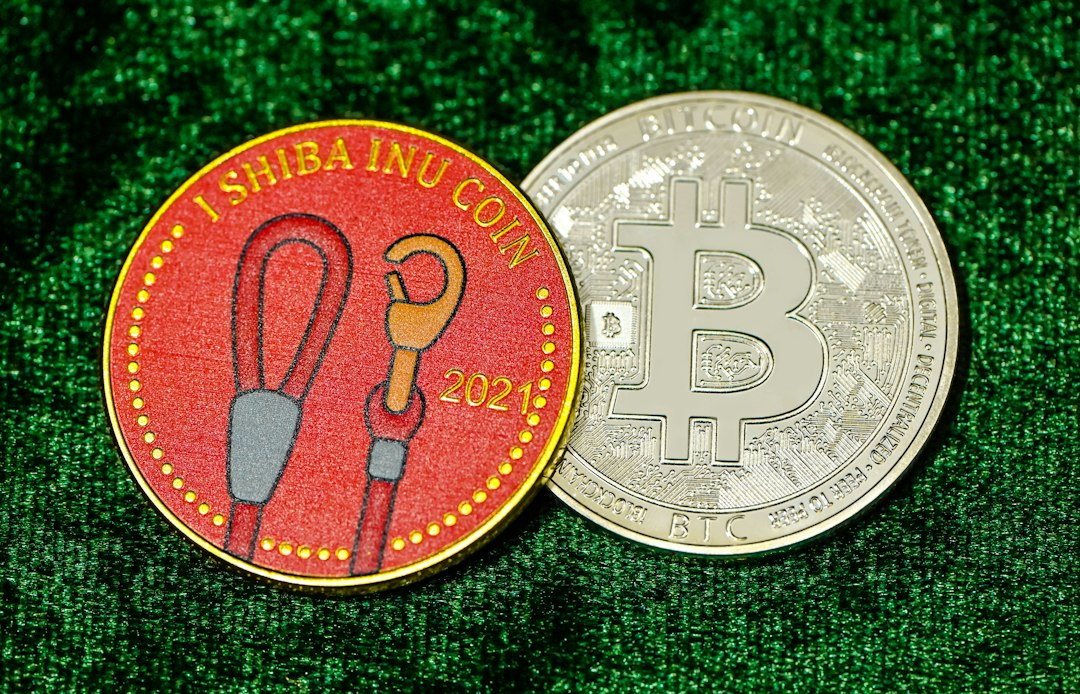This is Why Central Bank Digital Currencies Are a Threat to Financial Privacy
Central Bank Digital Currencies (CBDCs) have become a hot topic in both traditional finance and the cryptocurrency industry. While CBDCs are seen as tools for enhancing financial inclusion and stability, concerns about privacy and individual freedoms persist.
Unlike privacy coins, CBDCs are controlled by central banks and may not offer the same level of privacy. CBDCs could give central banks deeper insights into citizens’ spending behavior and enable them to implement spending limits or restrictions.
Different Types of CBDCs
CBDcs come in three types: Retail CBDCs for general public use, Wholesale CBDCs for institutional use, and Hybrid CBDCs that combine retail and wholesale features. Countries will likely choose different approaches and run pilots to determine the advantages and disadvantages of each type.
CBDCs: A Threat to Financial Privacy?
Critics argue that CBDCs pose privacy risks by giving central banks more control over monetary supply and the ability to monitor accounts and transactions. The usage of retail CBDCs worldwide could further increase financial surveillance. Promises of privacy-respecting CBDCs often mean information is shared with central banks, regulators, and intermediaries, but not the public.
Is Bitcoin the Answer to CBDCs?
Bitcoin, although successful in its own right, is not the answer to CBDCs as it is not truly anonymous. Transactions can be traced back through KYC and AML measures. Privacy coins like Monero offer more comprehensive financial privacy protection through advanced features that dissociate and make transactions untraceable.
We Need Privacy Coins
Preserving financial privacy as a fundamental human right is crucial. As the world moves toward scenarios where all transactions are logged and evaluated, awareness of privacy-enhancing technologies, especially privacy coins, becomes essential in ensuring secure and private transactions.
Hot Take: CBDCs and Privacy
While CBDCs offer potential benefits for financial inclusion and stability, they raise concerns about individual privacy. Unlike decentralized privacy coins, CBDCs can give central banks deeper insights into citizens’ spending behavior and enable the implementation of spending limits or restrictions. This poses a threat to financial privacy and individual freedoms. Bitcoin, while successful, is not fully anonymous, making privacy coins like Monero more effective in protecting users’ financial privacy. The importance of financial privacy as a fundamental human right cannot be overstated, and awareness of anonymity-enhancing technologies is crucial in preserving the freedom to transact securely and privately.





 By
By
 By
By
 By
By
 By
By
 By
By
 By
By